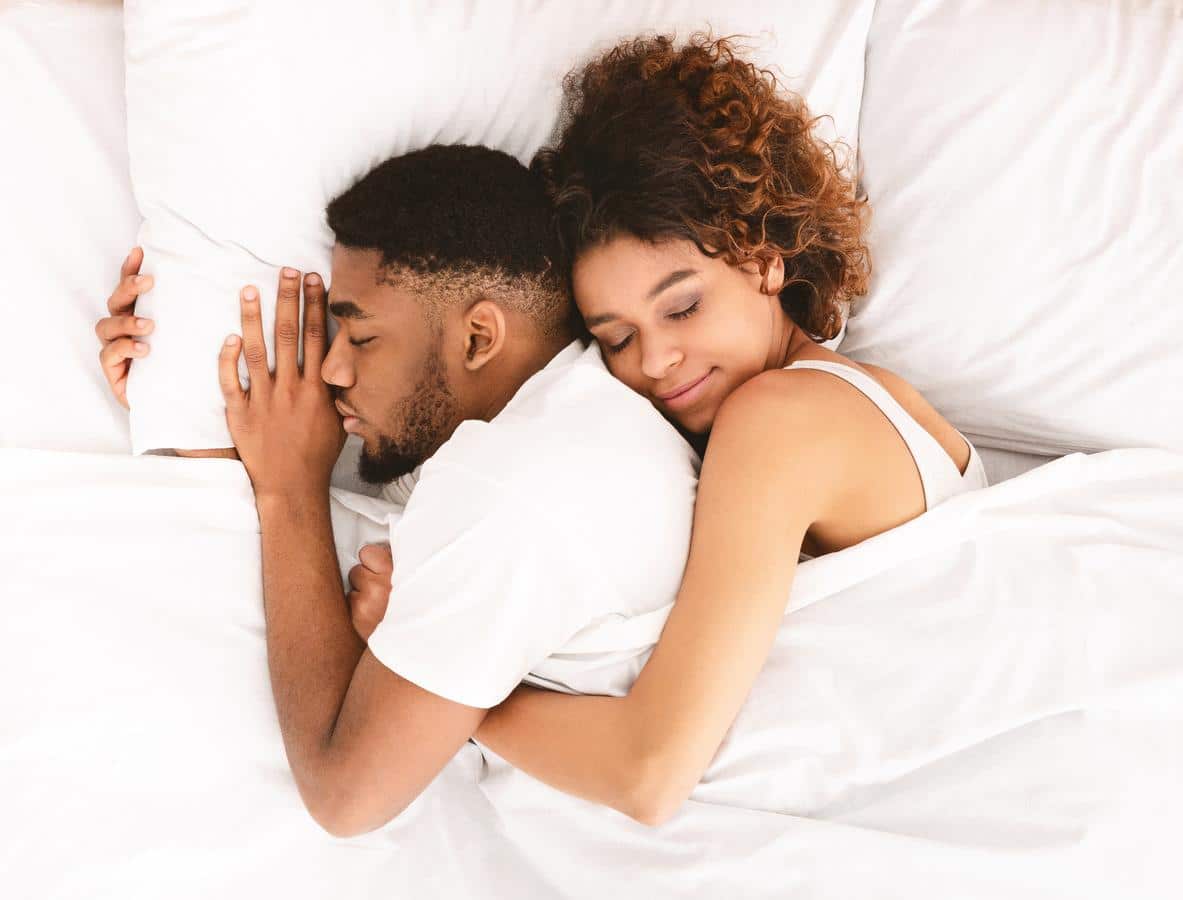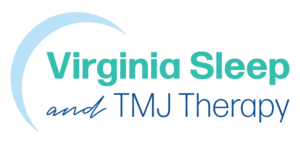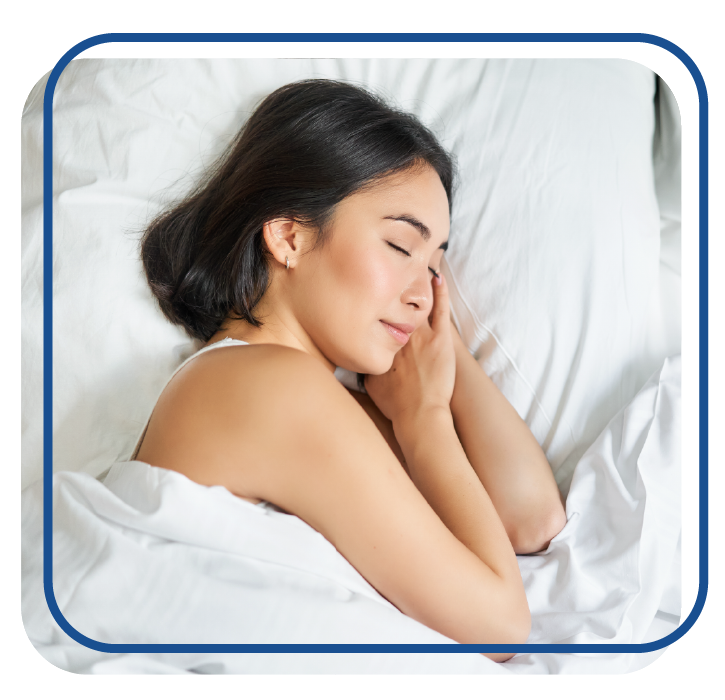
Sleep & TMJ FAQs
Answering Frequently Asked Questions
Our team in Richmond, VA is dedicated to providing our patients with thorough, attentive care. This includes educating patients so they fully understand their condition and the treatment options available to them. We’ve outlined answers to some of our frequently asked questions (FAQs) below. Don’t see an answer to your question? Please feel free to call our office at (804) 729-3474.
FAQs About Sleep Apnea & Snoring
FAQs About TMJ Disorders
Tips For Sound Sleep
How You Can Improve Your Sleep Quality
Is a sleep disorder preventing you from getting the high-quality sleep you need? Sleep disorders are common in the United States. According to the Sleep Foundation, as many as 15-30% of men and 10-30% of women have obstructive sleep apnea (OSA) in some form. While patients with OSA require treatment from a trusted physician to fully resolve their symptoms, there are several steps they can take to achieve sound sleep.
At Virginia Sleep & TMJ Therapy in Richmond, VA, we specialize in oral appliance therapy for sleep apnea and snoring. In addition to these customizable devices, we educate our patients on tips and best practices for better sleep. By combining oral appliance therapy with these best practices, our patients can expect a vast improvement in their sleep quality and overall well-being.
Sleep tips and best practices, also known as sleep hygiene, can help patients get sound sleep. These tips include:
Get Sound Sleep Every Night
If you have trouble sleeping or have been diagnosed with sleep apnea or snoring, contact our trusted team at Virginia Sleep & TMJ Therapy. Our team is here to help you take control of your sleep health in a comfortable and calm environment. To request an appointment with our team, please call us at (804) 729-3474 or fill out our online appointment request form.

